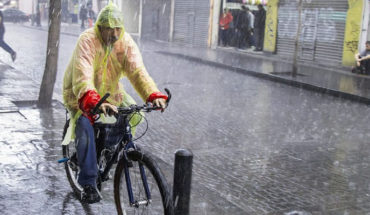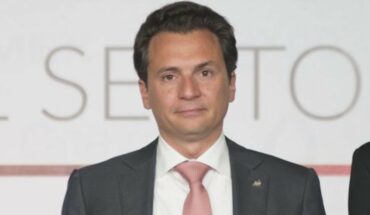“After Renato Poblete, I doubt everything”, titled El Mercurio the report made to Fr. Felipe Berríos (DOM Ingo May 12, 2019), citing a phrase from this, and that leads one to write that – understanding that the words must be placed in their context – we would like to say to the Jesuit of the Chimba of Antofagasta that “must not doubt everything” , or it’s not good to do it. It’s not good for him to do it.
No doubt the company has been hit hard by the Poblete case and others, that many we grant to that the benefit of the “presumption of innocence” (although that corresponds to the courts), until we knew that more than amorous troubles, that the eventual passion of a man Q EU could not fulfill the vow of chastity, there was what the same Felipe Berríos concludes: “Things that are of a crazy”, simply despicable, products of a kind of Dr. Jekyll and Mr. Hyde, metaphorically indeed.
A pity not to have known these allegations in his time, to see what he said to them Fr. Poblete, who on his bright and public side, did good, and in his darkness, the evil increased because he was, for the public faith, a keeper of good. But what I mean, as a simple reader of the interview, is that it does us good that Fr. Felipe Berríos “Doubt everything” (although “it is only a saying”); Even beaten, he knows that there are many who continue to do good, and that all this does not but assume more forcefully the commitment to serve others. Some have fallen, noisily, but others rise, more forcefully.
It is heartening, amidst confusion, anger, uneasiness, disappointment at treason, to hear it point out: “People here make me discover that it is worth our calling”, “but being a priest is not in question. I’m going to die a Jesuit, “people would have been less hard to judge if we had been more human. If what people do not forgive us is that we climbed to a pedestal. We look at less single mothers, separate ones, and we were the examples of morality, “expressions that invite deep reflection within the church. The “human condition” is a neighbour of the fall (also of the sublime); But it is more notable in the Guardians and paladins of morality and good. “First humility, second humility and third, humility,” said St. Augustine, on the way to God, not to fall, in order to be faithful to the commitment.
Don’t let us doubt “everything”, P. Felipe, that there are many slopes of you-some to accuse him to Rome, like the Cardinal Medina, by way accusing also to Fr. Mariano Puga and to Fr. José Aldunae, two admirable-, but the more are attentive to what it does , to nourish his faith with the example of life consecrated to the service of others, in an almost heroic decision in our day, in that much invites to self-centeredness, personal success, doing business importing little who pays the human cost of production and g anancias. We hope to continue in the Chimba or wherever, testifying, that exemplary testimonies are the ones that serve. Parodying the well-known saying: “Works are love and not so much good prayers”. The example of Fr. Felipe Berríos and of so many priests, nuns and virtuous lay people – without anyone to God – is what is luminously opposed to the dark fall of others.
José Miguel Ruiz
translated from Spanish: “After Renato Poblete, I doubt everything…”
May 17, 2019 |





